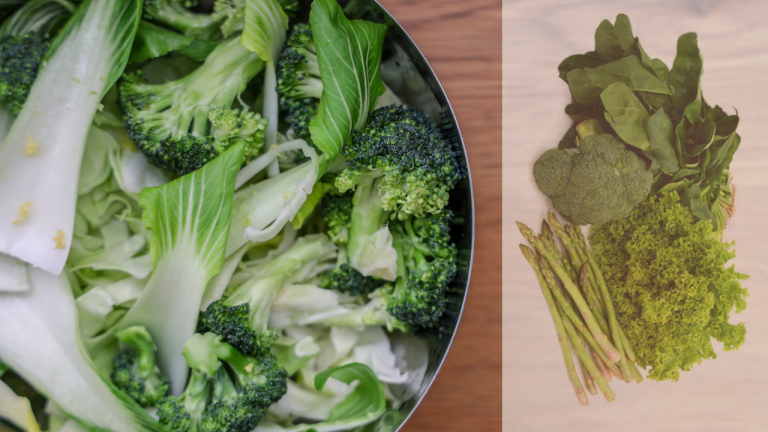Are Lentils Healthy?

Yes, lentils are highly nutritious and considered a healthy food choice. They offer a range of health benefits due to their nutrient content and can be a valuable part of a balanced diet. Here are some reasons why lentils are considered healthy:
Nutrient-rich: Lentils are rich in dietary fiber, protein, complex carbohydrates, vitamins (such as folate and vitamin B6), and minerals (such as iron, potassium, and magnesium). They provide a good balance of essential nutrients.
High in fiber: Lentils are an excellent source of dietary fiber, both soluble and insoluble. This fiber content supports digestive health, aids in maintaining a healthy weight, and promotes a feeling of fullness, which can be beneficial for managing appetite and blood sugar levels.
Protein source: Lentils are a plant-based source of protein, making them an important food for individuals following vegetarian or vegan diets. They provide essential amino acids and can contribute to meeting daily protein requirements.
Low in fat and cholesterol: Lentils are naturally low in fat and contain no cholesterol. This makes them heart-healthy food choices, as a diet low in saturated and trans fats can help reduce the risk of heart disease.
Blood sugar control: Lentils have a low glycemic index, which means they cause a gradual and steady rise in blood sugar levels. This makes them suitable for individuals with diabetes or those looking to manage blood sugar levels.
Weight management: The high fiber and protein content of lentils can help promote satiety, control appetite, and support weight management goals.
It’s important to note that lentils are generally healthy, but individual dietary needs and considerations may vary. Consulting with a registered dietitian or healthcare professional can help you understand how lentils can fit into your specific dietary requirements and health goals.
It seems lentils are a good source of protein, as well as various micro-nutrients, but they also contain anti-nutrients (phytic acid and tannins). I am just wondering how it all adds up.
You’re correct that lentils contain some anti-nutrients, such as phytic acid and tannins. However, the overall nutritional benefits of lentils still outweigh any potential negative effects of these compounds. Here’s how it adds up:
Protein and nutrient content: Lentils are indeed a good source of protein, as well as various micro-nutrients like iron, folate, potassium, and magnesium. These nutrients are essential for overall health and well-being.
Phytic acid: Phytic acid is an anti-nutrient that can bind to certain minerals, such as iron, zinc, and calcium, reducing their bioavailability. However, the impact of phytic acid on mineral absorption can be minimized through various preparation methods, such as soaking, sprouting, or fermenting lentils before cooking. These methods can help reduce phytic acid content and enhance nutrient availability.
Tannins: Tannins are another group of anti-nutrients found in lentils. They can interfere with protein digestion and may cause some digestive discomfort in sensitive individuals. However, tannins are generally not a major concern unless consumed in excessive amounts. Cooking lentils adequately can help reduce tannin levels and minimize their potential effects.
Cooking methods: Cooking lentils thoroughly, such as boiling or pressure cooking, can help break down anti-nutrients, including phytic acid and tannins. This improves the overall digestibility and nutrient availability of lentils.
It’s worth noting that the presence of these anti-nutrients in lentils should not discourage their consumption. The benefits of lentils as a nutrient-rich, high-fiber, and plant-based protein source far outweigh any potential drawbacks. By employing proper cooking techniques, such as soaking or cooking thoroughly, you can enhance the nutritional value and digestibility of lentils while minimizing the effects of anti-nutrients.



